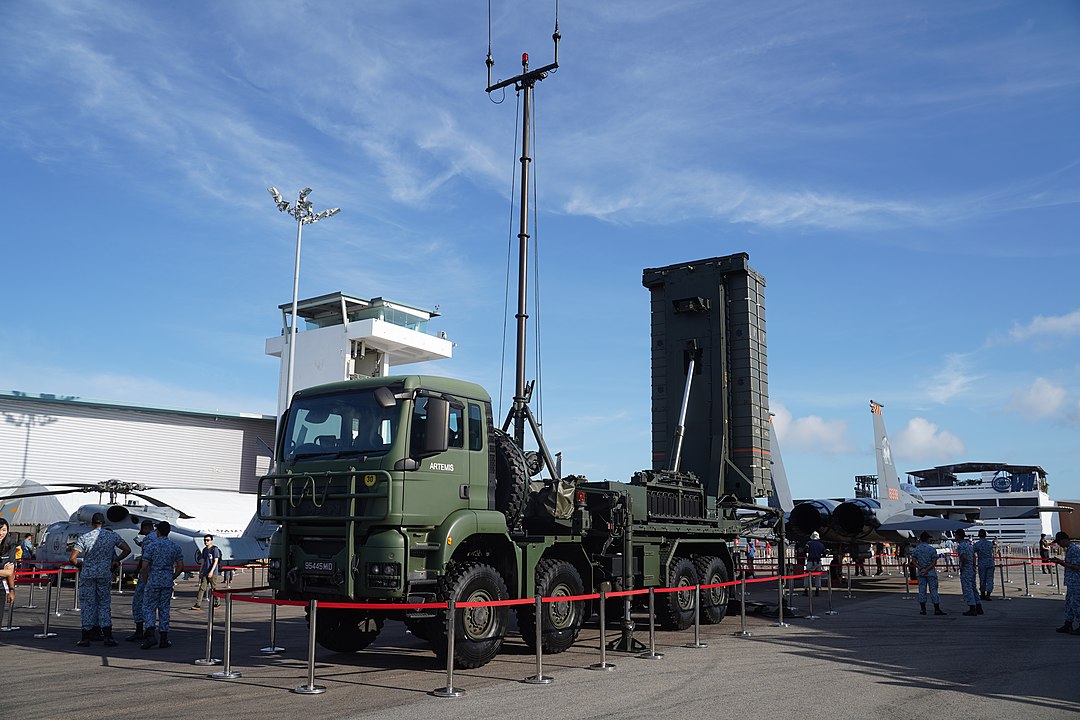French industrial companies involved in the manufacture of Aster anti-aircraft and anti-ballistic missiles will have to prioritize the production of these weapons’ components over other orders, announced the French Armed Forces Ministry.
“For the first time, we have mobilized administrative police powers, which allows the prioritization of a certain number of subcontractors, where civilian orders must now take second place to military orders in order to give priority to the Aster range,” Minister of the Armed Forces Sébastien Lecornu said in Calvi, during a meeting with his Italian counterpart Guido Crosetto.
The metallurgical company Aubert & Duval, which produces special types of steel for civil aeronautics, submarines and Caesar gun tubes, is particularly concerned by this obligation, according to a source close to the issue.
The Aster 15 and 30 missiles are produced by the Paris-based multinational MBDA, which cooperates between Paris and Rome.
The two countries have supplied an unspecified number of such missiles to the Ukrainians for air defense, but Ukraine is asking them for more such missiles to defend itself. These types of missiles have also been used in the Red Sea against drones fired by Houthi rebels. At the end of March, Lecornu hinted at the threat of issuing decrees related to the production of defense orders so that manufacturers could produce more such missiles faster.
MBDA hopes to reduce the production time of an Aster missile from 42 months in 2022 to “less than 18 months in 2026,” and production should increase by 50 percent by then, according to its CEO Eric Beranger.
However, the industrial organization is not optimal, with missile components having to “cross the Alps several times” during their manufacture, which does not make it easy to speed up production. According to Lecornu, there is also an “urgent need to simplify bureaucracy” with “customs problems between France and Italy that may delay missile production.”
In a joint letter to MBDA, the two ministers again ask the group “to speed up production (…) to guarantee the first deliveries from this year, 2024”.






